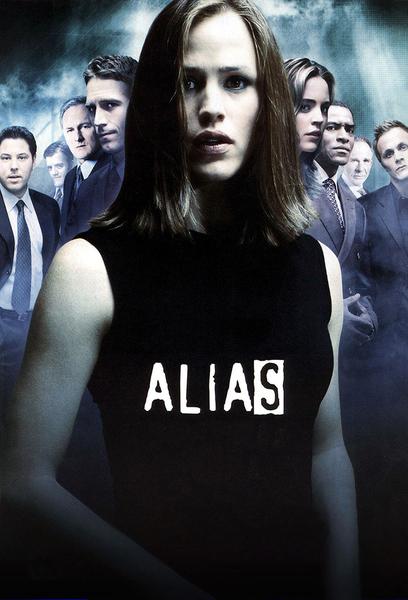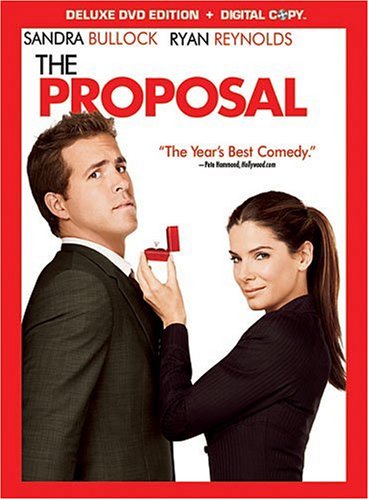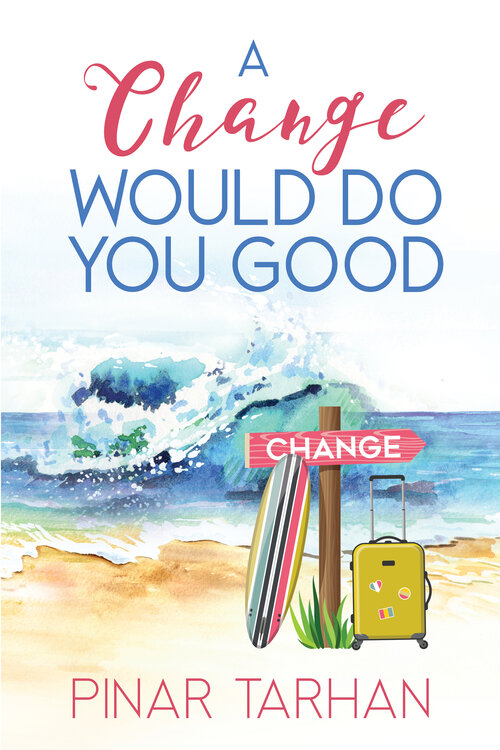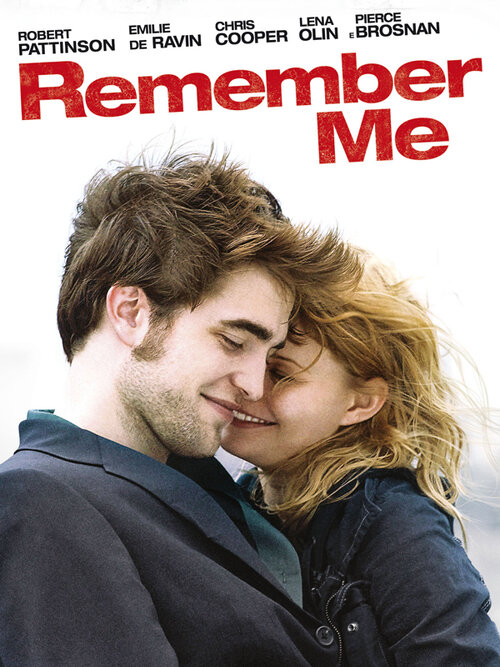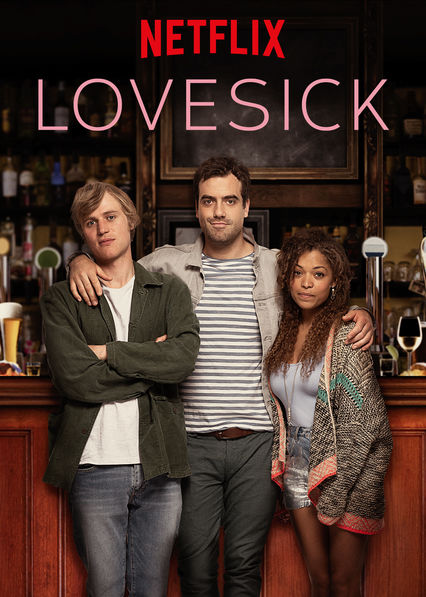First things first: What’s an accountability partner?
Chances are you know exactly what this term means, but let’s define it anyway.
An accountability partner is someone who holds you accountable for reaching your goals.
Do you want to publish 2 novels this year? Do you intend to write 1000 words every day? Do you need to send 50 pitches every day? Or maybe, you have a problem with marketing, and your need someone to help you on the right track.
Whatever you need to accomplish in your writing (or non-writing life), an accountability partner might help you reach those goals.
Why did I say might?
Because not everyone needs an accountability partner. And not everyone will benefit from an accountability partner.
Could you benefit from an accountability partner?
To determine this, you need to examine your personality type when it comes to habits. And as it’s my favorite book on habits, I’ll refer to Gretchen Rubin’s book Better Than Before (aff.link) again.
Maybe my favorite book ever on habits, Rubin’s book takes personality into account.
In the book, Gretchen talks about four types of personality: Upholder, Obliger, Questioner, and Rebel.
Upholders tend to meet both inner and outer expectations while obligers are more likely to meet outer expectations. Questioners will question whether something is necessary and useful, while Rebels will resist both inner and outer expectations.
How do you know which group you belong to? It’s easy. Do you set goals for yourself and then stick to them without much friction and don’t need an outside party to check on you? You’re an Upholder. An accountability partner might work for you, but there is a chance you won’t need one.
If you are someone who only meets let’s say fitness goals under the watchful eye of a trainer or the insistence of a friend, then you are an Obliger, and you’ll most definitely benefit from an accountability partner.
Questioners will need to be persuaded about the need for an accountability partner, so if you are constantly questioning things, you might do better with a trial run. See if this works for you.
Rebels…well, rebels will fight you and themselves on all expectations, so an accountability partner might not work.
I’m a Rebel/Questioner. Most people fall into more than one category, and your type can change depending on the subject matter at hand.
Do I have an accountability partner? Well, yes and no. I have close writer friends and we constantly check up on each other. It’s not however about keeping each other accountable, but rather feeling motivated, inspired, seen, and understood.
One of my closest writer friends is Olga Mecking, the author of Niksen: Embracing the Dutch Art of Doing Nothing (aff.link). Olga is a successful freelance writer, journalist, author, and novelist. She is also married with three kids, lives in the Netherlands as an expat, and has several health issues.
So we celebrate each other on successes and productive days, while also helping one another embrace the not-so-productive ones.
Some days are just 0-word days and it is okay. Some days are 500- word days and a few are 5,000. Having someone always asking me about daily word counts would just give me anxiety, and that just doesn’t work.
*
For more and better information on these personality types and how to form and keep the habits you want, I strongly recommend you read Rubin’s Better Than Before. She also wrote a whole book on these personality types alone: The Four Tendencies.
Do you have what it takes to be an accountability partner?
I honestly believe anyone can be an accountability partner, as long as you are both clear on what to expect from each other, and how to deliver it.
But I suspect a Rebel and an Upholder would probably not be a match made in heaven, though you’d have to test this yourself.
The takeaway
– Not everyone needs an accountability partner.
– You can and should define the relationship with your accountability partner, should you decide to have fun.
– Having writer friends you talk to regularly about anything and everything can work much better for you than simply having someone checking up on your goals.
*
What about you? Do you have an accountability partner? What strategies and tips do you have for accomplishing your goals?
*


